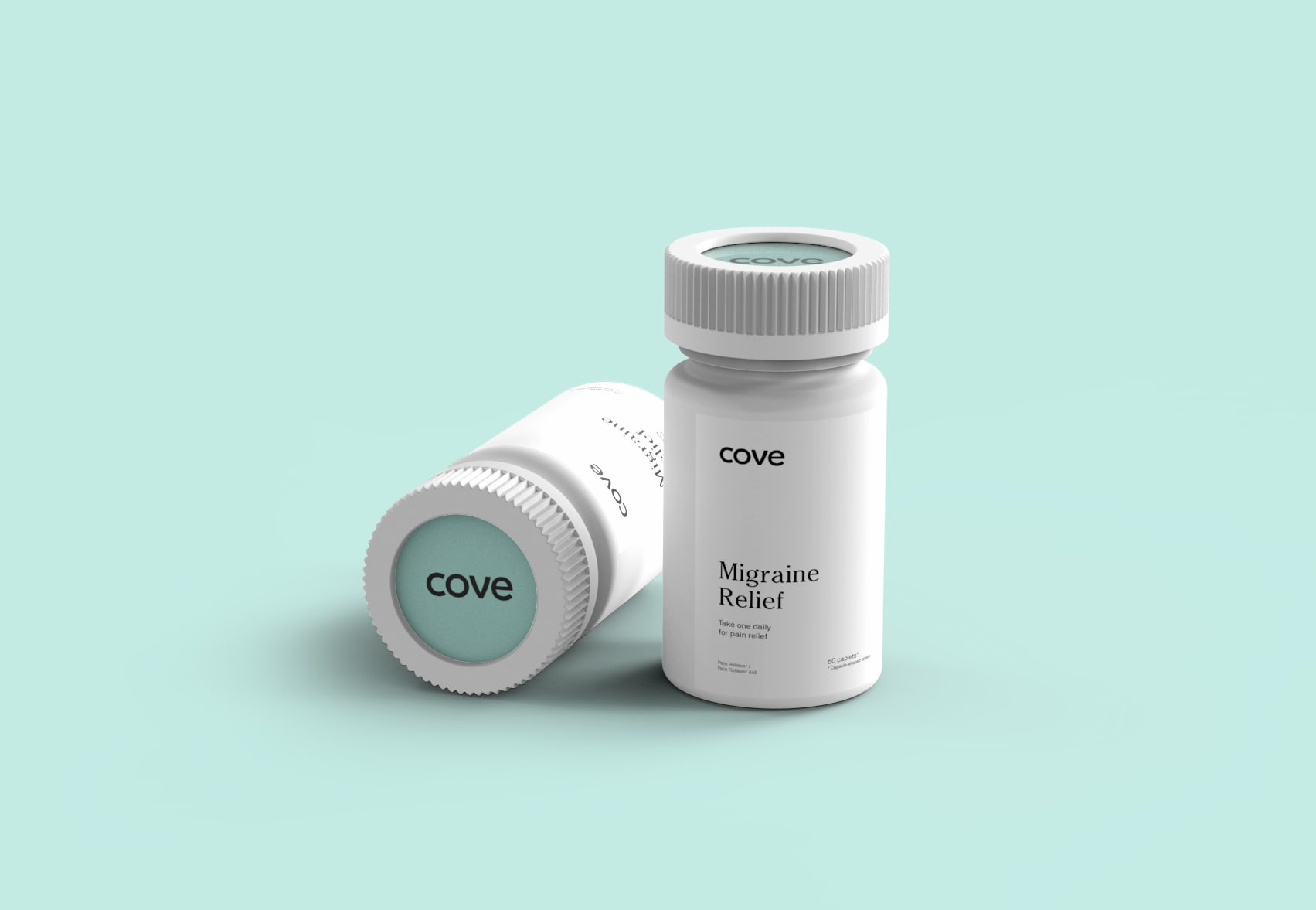If you’re like many migraine sufferers, you may have mentioned your migraine attacks to your primary care provider and possibly even received some treatment, but you’ve never seen a doctor who’s specifically trained to treat headaches.
Now, let’s say your current migraine treatment routine just isn’t cutting it and you’ve already spoken to your usual doctor. Do you frantically Google “neurologist near me” and try to guess which one is right for you? Do you first try Cove for online migraine telemedicine? Or do you head to a headache clinic to get in-person treatment?
We know how tough it can be to make these decisions on your own. So we spoke to Dr. Alexander Mauskop, Cove Medical Advisor and Director of the New York Headache Center, to help you figure out when it might be time to go to a headache clinic.
1. Wait, what’s a headache clinic?
No need to feel bad if you’ve never heard of headache clinics—according to Dr. Mauskop, most people unfortunately don’t know about them. Luckily, a headache clinic is exactly what it sounds like: a clinic that only sees headache patients. The main benefit of going to one is that you’re guaranteed to get treated by someone who understands what you’re going through.
You might be thinking, “Isn’t that what a neurologist is for?” Actually, only “about 40% of a general neurologist's practice is devoted to headache patients,” Dr. Mauskop says. Neurologists also treat conditions like Alzheimer’s disease and stroke, and some neurologists specialize in disorders other than headache. That means going to a neurologist doesn’t necessarily mean seeing a migraine expert.
2. How do I know if I should go to a headache clinic?
Since you’re reading this article, it’s probably safe to say that you think you’d benefit from specialized treatment for your migraine. But that doesn’t necessarily mean that a headache clinic is your best bet. Here are the factors you’ll want to consider before booking your appointment.
How severe are your migraine headaches?
Headache clinic appointments aren’t exactly easy to get, so you may want to try other options first if your headaches are mild or moderate. Over 90% of Dr. Mauskop’s patients are migraine sufferers who have 15 or more attacks per month. They’ve typically seen three different doctors for their headaches without success before coming to the clinic.
How far is the nearest clinic?
If you live in a rural area or don’t have a car, travel distance could be a big factor in your decision—only 21 states even have a single headache clinic. Consult a map before setting your sights on going to a clinic to avoid unintentionally setting yourself up for an appointment you can’t get to.
How much are you willing to spend?
Like most in-office medical care, treatment at a headache clinic isn’t always affordable. Appointments typically cost hundreds of dollars, and not all clinics will let you offset the cost with insurance. Prices vary, so make sure to check with the clinic (and look to see if they’re covered by your health insurance, if you have any).
3. How do I find a headache clinic?
If you’re interested in going to a headache clinic, the first thing you’ll need to do is find one. You can try asking your primary care doctor for a recommendation or search online. You can expect to wait anywhere from three to six months for an appointment; wait times are typically lower at private clinics than ones affiliated with universities.
Before your appointment, you’ll be asked to fill out an extensive questionnaire about your headaches, including your symptoms and any medications you’ve tried in the past. Answering these questions in advance not only helps speed things along at your appointment, but also helps doctors screen for more serious neurological issues that could be causing head pain. You might also be asked to provide medical records or test results along with the questionnaire.
4. What happens at a headache clinic appointment?
First, the doctor will perform some simple tests. They’ll use a rubber hammer to check your reflexes and take a look at your eyes. They’ll also evaluate the stiffness of your neck, shoulders, and jaw, because tension in these areas can contribute to head pain.
You might also be asked to walk around, sit down, and stand up so the doctor can see your demeanor. This helps them look for signs of neurological disorders. Then, you and the doctor will discuss your medical history and determine the best treatment plan.
5. What happens after my appointment?
After your appointment, you might be prescribed medications or asked to make changes to your lifestyle to avoid triggers. Dr. Mauskop’s clinic most often recommends lifestyle changes, supplements, and acute and preventive medications.
What happens long-term depends on how you found the clinic in the first place. If you were referred from your primary doctor, they’ll receive a letter from the clinic that explains their recommendations. Whether you decide to switch to their plan or not, you don’t have to return to the clinic—you can instead just get your prescriptions written by your usual doctor.
If you found the clinic on your own, you’ll likely be asked to return on a regular basis until your headaches show some improvement. At Dr. Mauskop’s clinic, patients are asked to keep monthly appointments at first. Once their migraine gets better, that frequency is reduced to every three months, then every six months.
6. What should I do if a headache clinic isn’t right for me?
If reading all this is making you realize that a headache clinic isn’t the right choice for you, that’s ok. There are other ways to get specialized treatment from doctors who truly understand migraine. With Cove, for example, you can also get a personalized treatment plan entirely online. Because it’s online, you avoid the high price tag, wait times, and travel distance that can come with in-office treatment.
To sum all this up, headache clinics are an underutilized migraine treatment option. Depending on the severity and frequency of your attacks, your location, and your financial situation, visiting a headache clinic could be an excellent way to receive in-person treatment from an expert.
That said, headache clinics certainly aren’t the only way to get treatment from doctors who really understand migraine. If going to a clinic doesn’t seem like the right fit for you, Cove can provide personalized, expert-backed migraine treatment entirely online. Get started with aconsultation today.
The information provided in this article is not a substitute for professional medical advice, diagnosis, or treatment. You should not rely upon the content provided in this article for specific medical advice. If you have any questions or concerns, please talk to your doctor.
Photo by Riccardo Pelati on Unsplash


